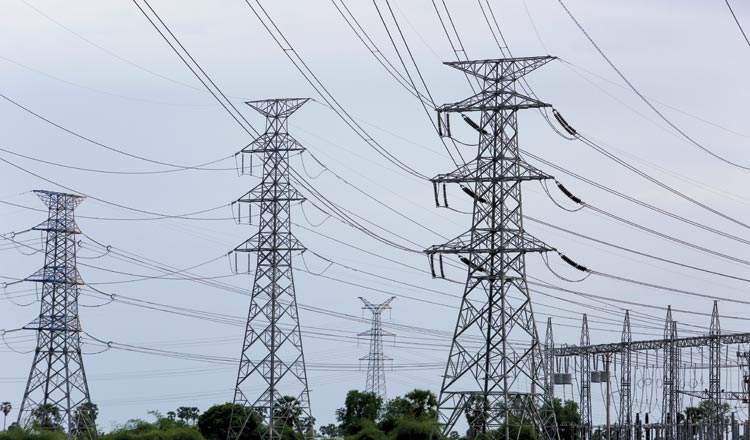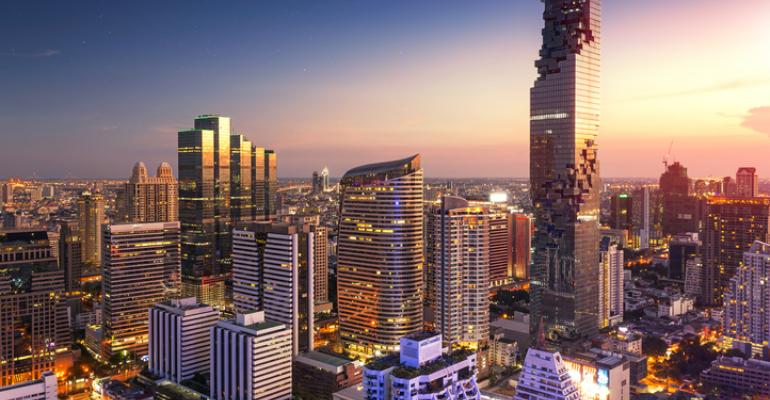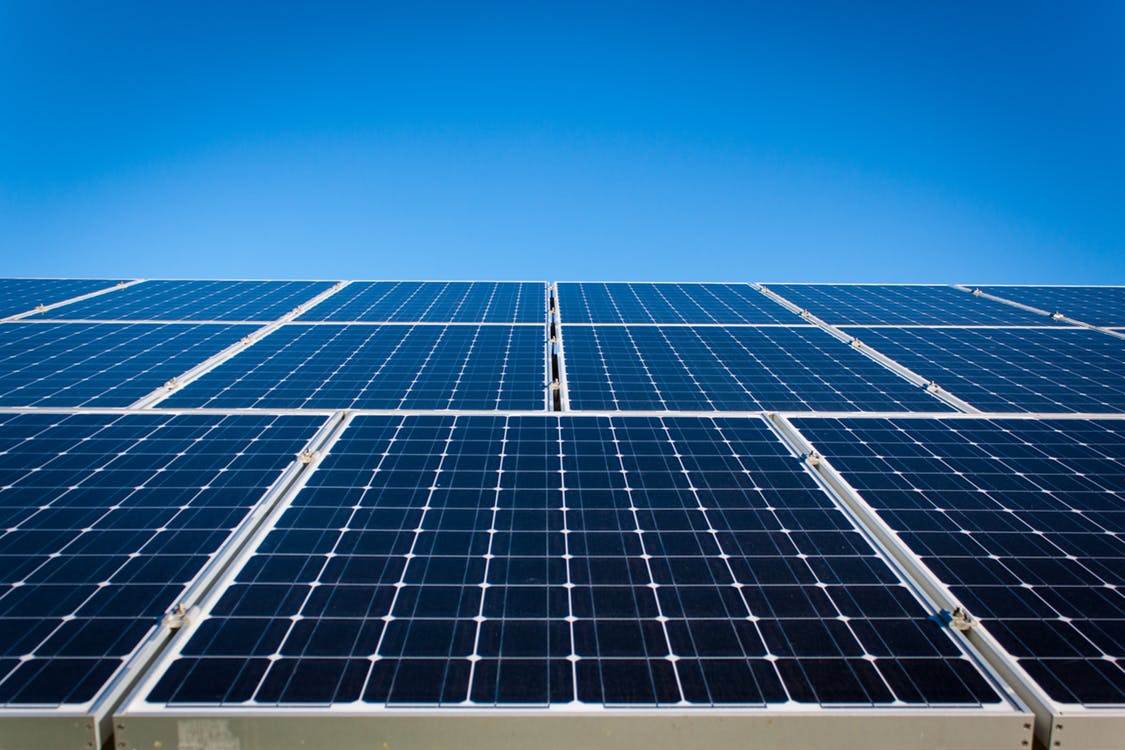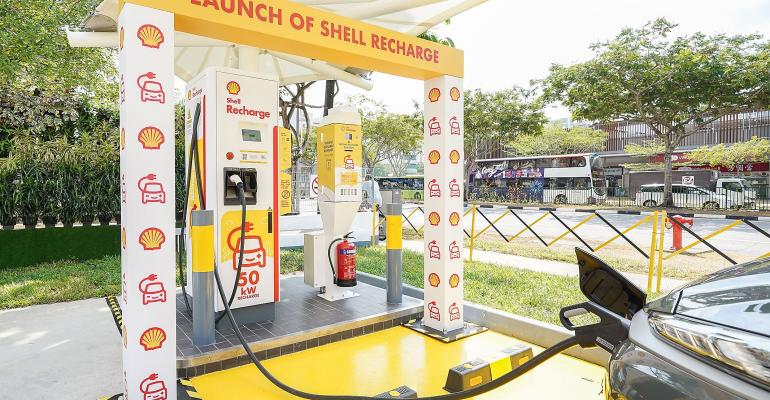Cambodia and Laos will sign an agreement today under which the Kingdom will purchase 2,400 megawatts from its neighbour, with the first transfer scheduled for 2024.
For in depth analysis of Cambodian Business, visit Capital Cambodia
.
The power deal, which will be valid for 30 years, was approved yesterday by the Council of Ministers.
Tomorrow’s signing ceremony will be presided over by Cambodian Prime Minister Hun Sen and his Laotian counterpart Thongloun Sisolith, whose two-day visit to the Kingdom begins tomorrow.
The 2,400-MW energy deal will be signed by Electricite Du Cambodge (EDC) and Laos’s electricity authority. Alongside this agreement, a deal on electricity cooperation will be signed by the countries’ ministries of mines and energy.
The power transfers will begin in 2024. 300 MW will be purchased in 2024, followed by 600 MW in 2025 and 2026, and 900 MW in 2027, said Victor Jona, director-general of energy.
Two companies – Sekong Power and Mineral Company Limited and Xekong Thermal Power Plant Company Limited – will produce and export the energy to Cambodia at 7.7 cents per kilowatt hour.
Mr Jona remarked that energy consumption in the Kingdom has increased dramatically in recent years due to the boom in construction.
“Demand for power has surged by 17 to 20 percent every year in the last few years. This is the result of a good political situation that encourages investment,” Mr Jona said.
Cambodia’s power demand is expected to continue rising by 20 percent every year, Mr Jona said, adding that the Kingdom will be able to keep up with this demand by increasing imports as well as domestic production.
Mr Jona noted that the energy purchased under the deal will be transferred through a high-voltage transmission line system that will soon be under construction. The energy will be transferred from the border with Laos to Phnom Penh, he said.
After conducting feasibility studies on the project, EDC will soon open tendering to award the construction of the network to a private company, according to Mr Jona.
In June, Prime Minister Hun Sen asked Japan for assistance to finance the transmission network.
A Foreign Affairs Ministry statement yesterday said Mr Hun Sen and Mr Sisolith will discuss various aspects of bilateral cooperation as well as border issues.
“After the meeting, the two Prime Ministers will preside over the signing ceremony of a number of documents, and then hold a joint press announcement,” the statement said.
Mr Sisolith will also pay courtesy calls on Acting Head of State Say Chhum, who is Senate president, and National Assembly President Heng Samrin.
“The official visit of HE Thongloun Sisoulith to Cambodia will significantly contribute to further strengthening and expanding the long-lasting relations of traditional friendship, solidarity, fraternity and fruitful cooperation between Cambodia and Laos,” the statement noted.
Mr Sisolith will lay wreaths at the Independence Monument and pay tribute at the Royal Memorial Statue of the Late King-Father Norodom Sihanouk, it said.
Kin Phea, director-general of the International Relations Institute at the Royal Academy of Cambodia, yesterday express support for peaceful negotiations between both countries.
“It is important that the Lao prime minister’s trip to the Kingdom this time is to solve the ongoing border issues between both countries,” he said. “The confrontation of both armies along the border, despite not growing into armed clashes, still affected development and relations between both countries.”
Mr Phea urged both countries to continue negotiations to solve the border issues rather than resorting to confrontation between both armies.
“The border issues must be solved through peaceful negotiations,” he noted. “The Cambodia-Lao border dispute stems from a map drawn up by the French Protectorate and needs more time to be resolved.”
According to the Ministry of Mines and Energy, Cambodia consumed 2,650 MW last year, of which around 50 percent was produced from local hydroelectric dams. The rest came from local coal-fired or diesel power plants, or was imported from Vietnam, Thailand, or Laos.










